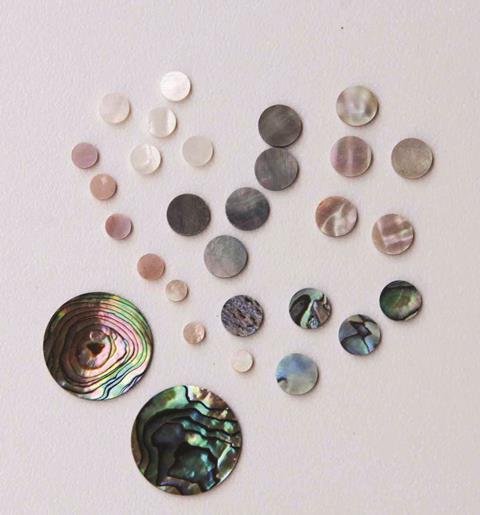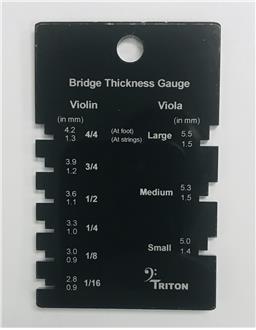Turning heads

The past few years have seen an explosion in the number of musicians who, instead of using traditional paper parts, play from a digital file displayed on a tablet computer. Now, a team of audio engineers from the University of Jaén in the Spanish city of Linares have produced Beatik, a music reader app designed to ‘listen’ along to a performance and automatically turn pages as required, eliminating the need for the increasingly ubiquitous pedal.
‘Of course,’ explains Beatik business developer Antonio Gomez, ‘musicians have been turning pages for hundreds of years. It isn’t always convenient, though, which is why people started using tablets, but pedals need power supplies and cables to connect them. Before long, the stage can start to look very crowded.’ Beatik uses the tablet’s microphone to follow the player’s position on the page, ‘turning’ between them as required.
According to Gomez, the software is highly sensitive to changes in tempo and is even able to follow highly inaccurate performances. ‘It’s one thing to keep up with the playing of a professional musician,’ he says, ‘but quite another to follow a student making lots of mistakes. This is why we trialled the app using six-year-old children, whose playing we could depend on to be very unreliable! We wanted to make sure users could put their full trust in our software.’
Apps like these can live or die according to the libraries of music they offer their users. Beatik currently gives access to over 4,000 pieces, for instruments including violin, viola, cello and double bass, but the company plans to increase the number considerably during the coming months. ‘In recognition of this,’ says Gomez, ‘we are offering the app and its music library free of charge to users before the end of 2019, while an annual charge of €40 will apply from 2020.’
As well as the ‘soloist’ version, released this month, Beatik plans to create an ‘orchestra’ version of its app before the end of the year. This will allow just one tablet to listen to a large ensemble and control all its players’ parts, despite the fact their turns will occur at different times.
Beatik music reader app free
email info@beatik.com
web www.beatik.com
Pearls of wisdom

Cut flat to diameters from 1.5mm to 20mm and either 1mm, 1.3mm or 1.5mm thick, these mother of pearl bow eyes are suitable for violin, viola, cello and double bass bows. They are available from a choice of shells in the genus Haliotis: awabi, green abalone, Australian greenlip abalone and New Zealand paua.
Mother of pearl bow eyes from $0.15
email info@mopsupplies.com
web www.mopsupplies.com
Bridging the gap

This thickness gauge provides a convenient reference for makers carving their own bridges. It gives measurements for 1/16, 1/8, 1/4, 1/2, 3/4 and full-size violins (graduated bridge thickness from 0.9mm–2.8mm to 1.3mm–4.2mm) and for three sizes of viola (1.4mm–5mm to 1.5mm–5.5mm).
Triton violin and viola bridge thickness gauge $8.50
email info@internationalviolin.com
web www.internationalviolin.com
Reference











































No comments yet